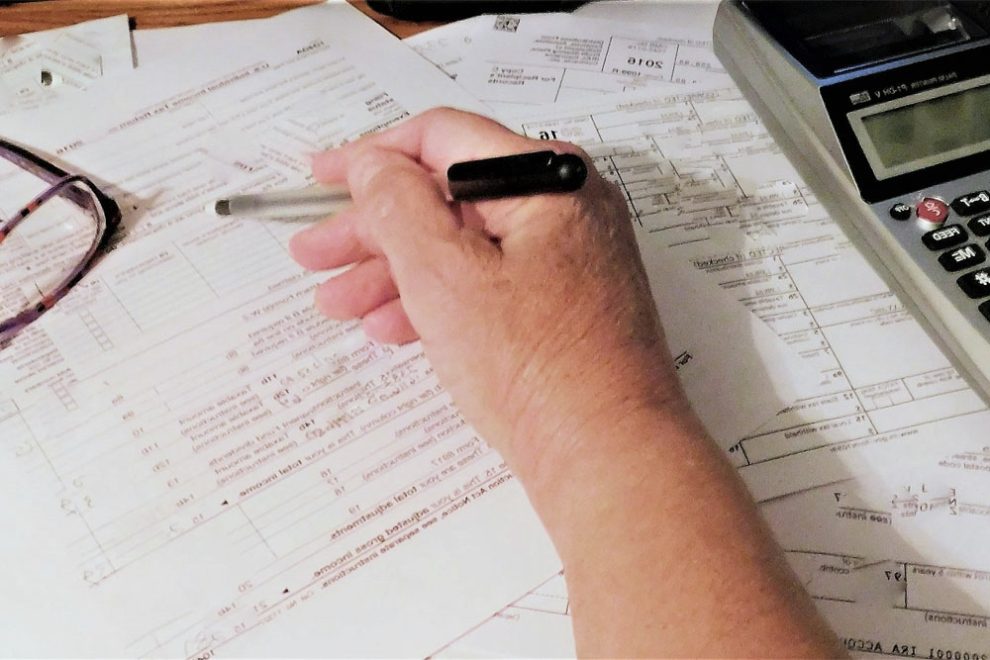Divorce Mediation Without an Attorney
Most mediation sessions don’t require an attorney, but there are some cases in which you may want to speak with an attorney. In a lot of mediation sessions, you don’t need their direct involvement. Individuals who are mediating are less likely to need an advocate since they are attempting to work collectively to solve their…
















